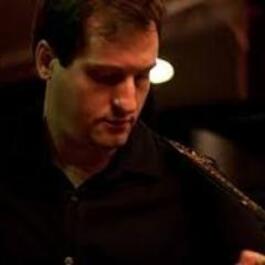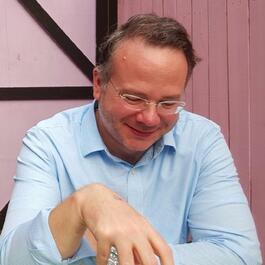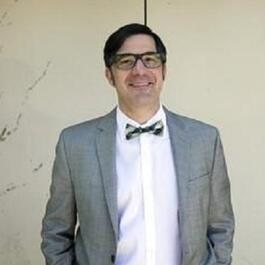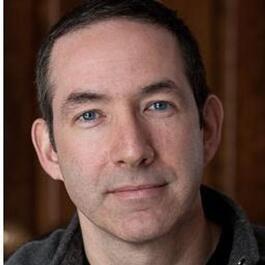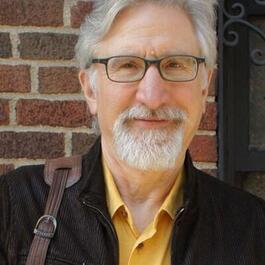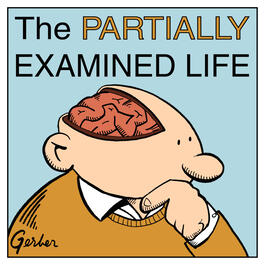
The Partially Examined Life Philosophy Podcast
The Partially Examined Life is a podcast by some guys who were at one point set on doing philosophy for a living but then thought better of it. Each episode, we pick a short text and chat about it with some balance between insight and flippancy. You don't have to know any philosophy, or even to have read the text we're talking about to (mostly) follow and (hopefully) enjoy the discussion. For links to the texts we discuss and other info, check out www.partiallyexaminedlife.com. We also feature episodes from other podcasts by our hosts to round out your partially examined life, including Pretty Much Pop (prettymuchpop.com, covering all media), Nakedly Examined Music (nakedlyexaminedmusic.com, deconstructing songs), Philosophy vs. Improv (philosophyimprov.com, fun with performance skills and philosophical ideas), and (sub)Text (subtextpodcast.com, looking deeply at lit and film). Learn about more network podcasts at partiallyexaminedlife.com.
Show episodes
We discuss lecture notes from Kant's 1785 ethics course, which provide more examples and an emphasis on the practical than his more famous works. For instance, we get more information on ethical motivation: How can the rational recognition of ethical principles lead to moral feelings? Get more at partiallyexaminedlife.
LA Second City improv instructor Mary joins us to act out a pet sitting job interview, talk about sharing our public spaces with animals, and finally return to Empty Street to see if we can get some animal action going in the mart. In the post-game, we talk about Bill's new academic studies and Mark's upcoming Gen Con
In light of the new film Ballerina, we discuss the John Wick franchise that kicked off in 2014 with four films plus a (bad) Peacock TV show. We also watched the recent documentary Wick Is Pain. Mark, Lawrence, Sarahlyn and Al are joined by Brian Casey to mostly talk about the main four films in the series: They have a
Concluding our treatment of The Sources of Normativity. We give Korsgaard's tweaks to Kant, including her distinction between the categorical imperative and the moral law. We then explain her reference to Wittgenstein's private language argument in her argument that reason-giving, and hence morality, can't be merely se
Not only is John a multi-instrumentalist who's played with Violent Femmes, Allen Ginsberg, Hal Willner, John Prine, et al, but he's released around 24 albums as a solo artist or with groups including the NYC world music outfit TriBeCaStan. We discuss "(Be Careful What You Say to) An Armed Lady" by Folklorkestra from A
On lectures 3 and 4 of The Sources of Normativity (1996), where we get Korsgaard's positive view on how morality becomes obligatory for an individual, which has to do with identity, reason-giving, and our fundamentally social nature. And yet, her view is an interpretation of Kant! Get more at partiallyexaminedlife.com.
